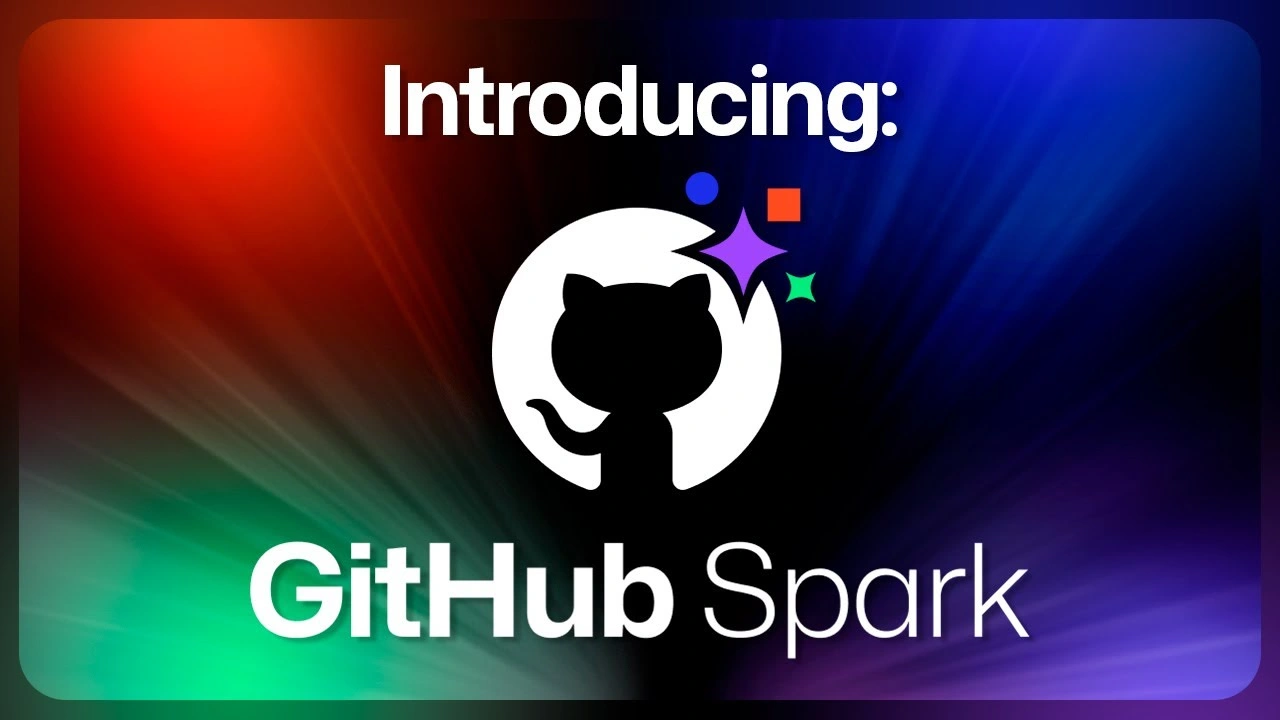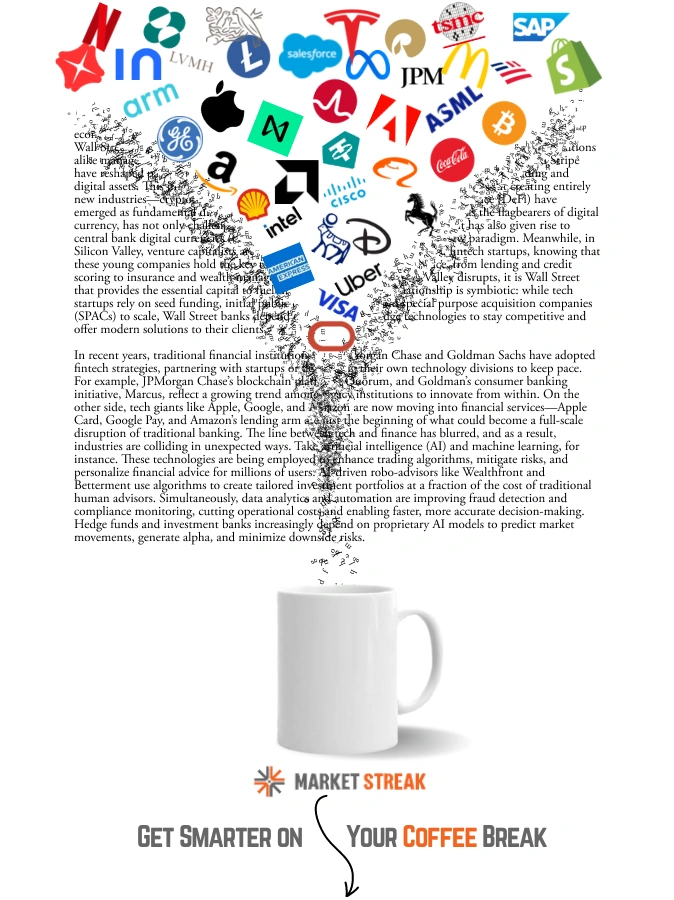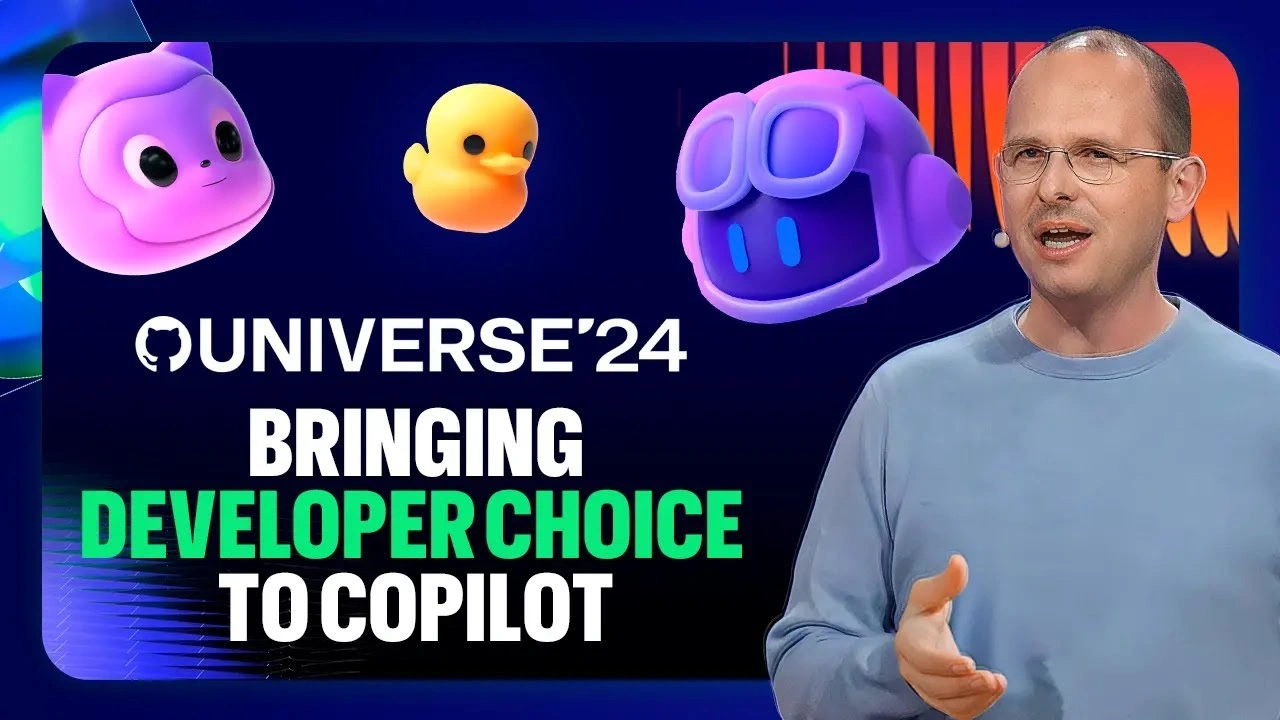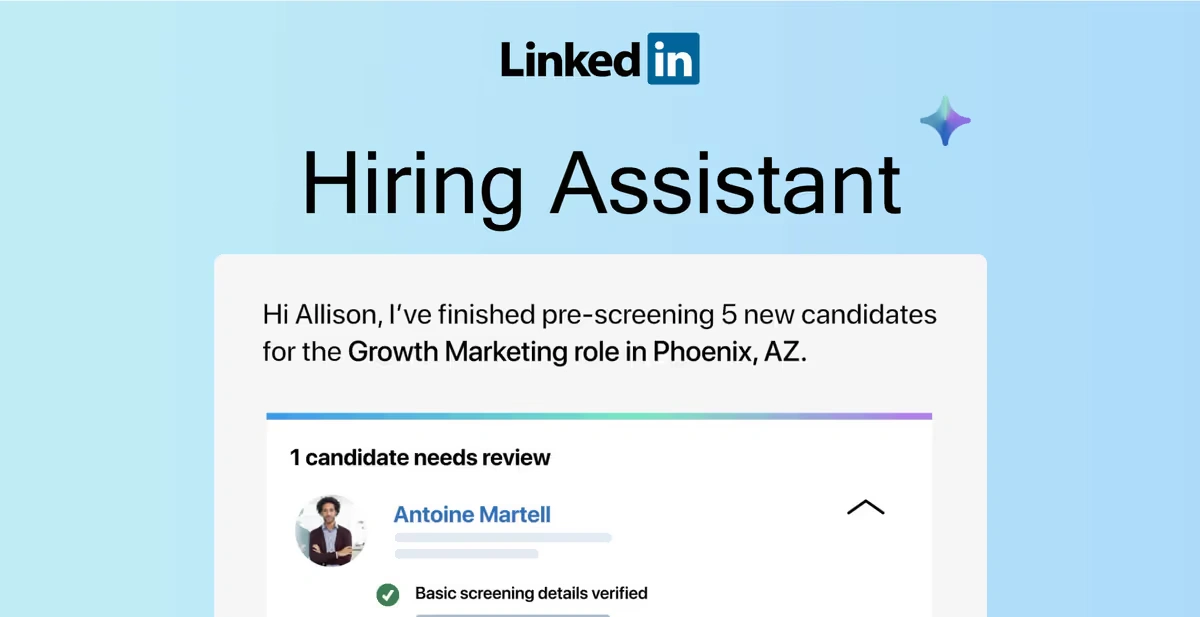github
artificial intelligence
Copilot

github
artificial intelligence
Copilot
GitHub Universe 2024: A seismic shift occurred in the world of AI-powered coding assistance at this year's GitHub Universe conference. GitHub, the leading platform for software development collaboration, announced a groundbreaking expansion of its popular Copilot AI coding assistant. This expansion introduces a paradigm shift, offering developers the unprecedented ability to choose from multiple leading AI models to power their coding experience.
This move marks a significant departure from the past, where Copilot relied primarily on a single, albeit evolving, AI model. Now, developers will have the power to select the AI model best suited to their specific coding needs and preferences, representing a major leap towards greater customization and efficiency in the software development lifecycle.
The Multi-Model Revolution: More Than Just Choice
The core of this announcement centers around the introduction of multi-model choice within the Copilot ecosystem. Developers will now have access to a curated selection of top-tier AI models, each boasting unique strengths and capabilities:
OpenAI's o1-series models: These cutting-edge models, specifically the o1-preview and o1-mini, are now available for immediate use. A key differentiator is their enhanced reasoning capabilities. This translates to superior understanding of complex coding constraints and the ability to navigate nuanced edge cases with greater precision and accuracy. These models excel in situations requiring deeper logical understanding and intricate problem-solving.
Anthropic's Claude 3.5 Sonnet: Launching within the following week, Claude 3.5 Sonnet is a highly anticipated addition. It's designed to tackle complex coding challenges throughout the entire software development pipeline. From initial design and planning stages to the final testing and deployment, Claude 3.5 Sonnet is intended to provide comprehensive assistance and support.
Google's Gemini 1.5 Pro: Expected to become available within the coming weeks, Gemini 1.5 Pro is a heavyweight contender. Its standout feature is a massive two-million-token context window. This means it can process and understand a significantly larger volume of information than many competing models. Furthermore, its capacity to handle diverse input types, including code, images, and audio, positions it as a versatile tool for a wide range of coding scenarios.
Phased Rollout and Broad Integration:
The rollout of these new models will occur in phases. Copilot Chat is the first to receive the multi-model upgrade, with OpenAI's o1-preview and o1-mini already available. Anthropic's Claude 3.5 Sonnet will follow soon, and Google's Gemini 1.5 Pro is expected to integrate shortly thereafter. This initial focus on Copilot Chat allows GitHub to thoroughly test and refine the integration process before extending the multi-model capability across the broader Copilot platform.
This phased rollout is strategic. The company plans to integrate these multiple AI models across a wide range of Copilot features, including:
A Vision for the Future of AI-Powered Coding
GitHub CEO Thomas Dohmke articulated the company's vision behind this multi-model strategy: "It is clear the next phase of AI code generation will not only be defined by multi-model functionality, but by multi-model choice." This statement underscores GitHub's commitment to fostering an environment where developers have control and agency over their development tools. This philosophy acknowledges the growing diversity within the AI landscape and positions GitHub as a platform that embraces and leverages this diversity for the benefit of its users.
Maintaining Control and Simplicity:
The implementation of this multi-model approach is designed to be seamless and intuitive. Users will maintain complete control over which model powers their Copilot experience, all within the familiar framework of their existing Copilot subscription and login. This commitment to maintaining a user-friendly interface, while simultaneously providing access to cutting-edge AI capabilities, is central to GitHub's strategy.
GitHub Spark: Building Apps with Natural Language
Beyond the expansion of Copilot, GitHub also unveiled a groundbreaking new tool: GitHub Spark. This innovative creation allows developers to build functional web applications using natural language commands. This represents a significant shift towards low-code/no-code development, empowering individuals with limited coding experience to create software solutions.
The design of GitHub Spark emphasizes ease of use and intuitive interaction. Developers can see live previews of their apps as they are being built, facilitating a dynamic and iterative development process. This real-time feedback loop allows for quick experimentation and adjustments, accelerating the development cycle and fostering creativity. Moreover, GitHub Spark seamlessly integrates with the multi-model approach of Copilot, allowing users to choose the AI model that best aligns with their application's requirements. Version control is also built into the system, enabling developers to save and compare different versions of their work.
Conclusion: A New Era in Software Development
The announcements at GitHub Universe 2024 represent a landmark moment in the history of AI-powered software development. The introduction of multi-model choice within Copilot and the launch of the innovative GitHub Spark tool are set to reshape the landscape of software creation. By offering developers greater control, flexibility, and accessibility, GitHub is not only empowering individual programmers but also driving innovation across the entire software development ecosystem. The future of coding appears brighter and more accessible than ever before, fueled by the power of choice and the ever-evolving capabilities of artificial intelligence. The implications for both experienced developers and aspiring programmers are vast, ushering in a new era where the creation of sophisticated software is within the reach of a far wider community. This represents a significant step towards a more inclusive and efficient future for software development worldwide. The integration of multiple AI models is a testament to the increasing maturity of the AI landscape and GitHub’s commitment to providing cutting-edge tools to its massive user base. This approach ensures developers have access to the best possible AI solutions, tailored to their specific needs. The future of AI-powered coding is looking incredibly promising, and GitHub is leading the charge.
SHARE



news
30th October 2024


news
30th October 2024

news
30th October 2024

news
30th October 2024


news
30th October 2024

news
30th October 2024

news
30th October 2024